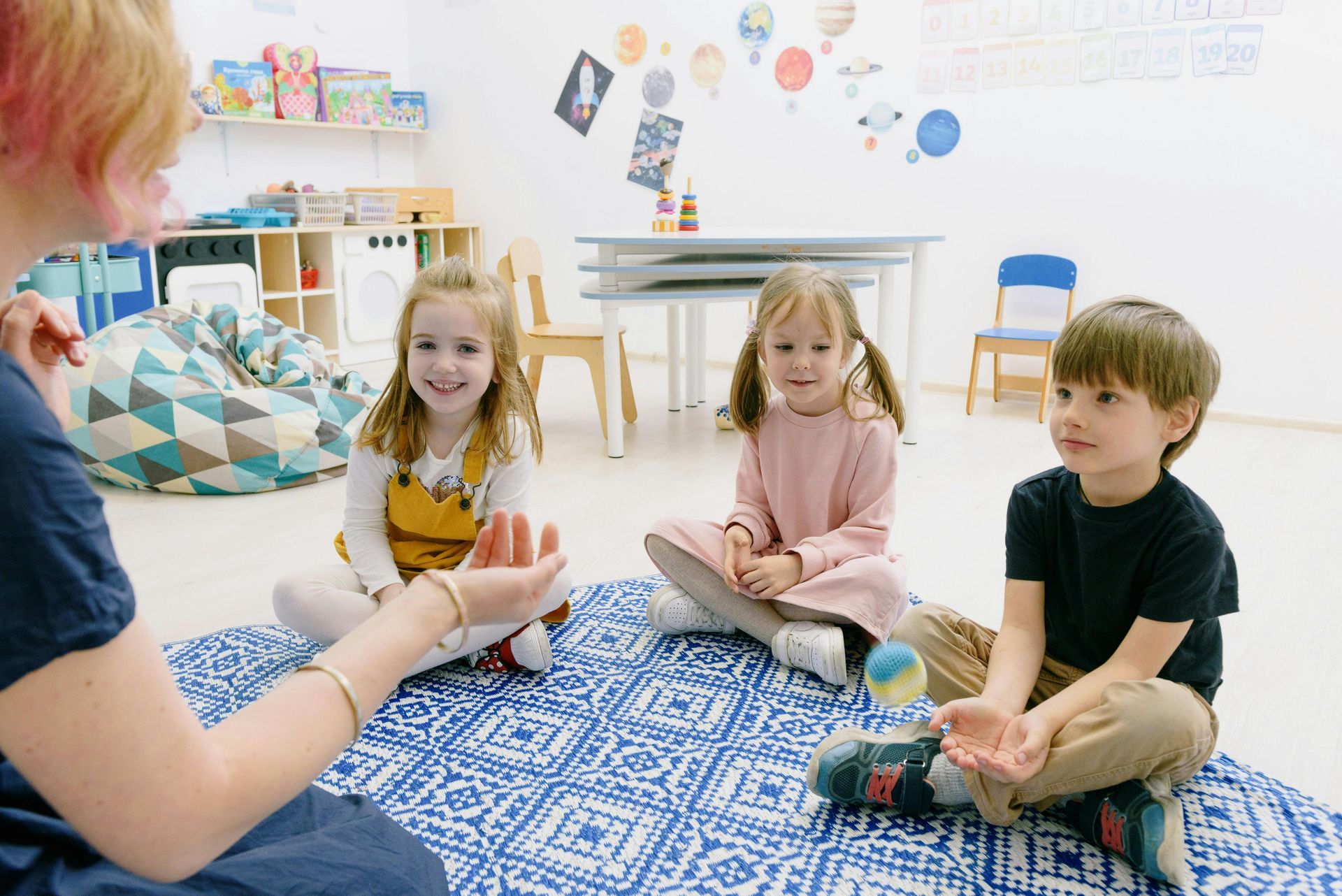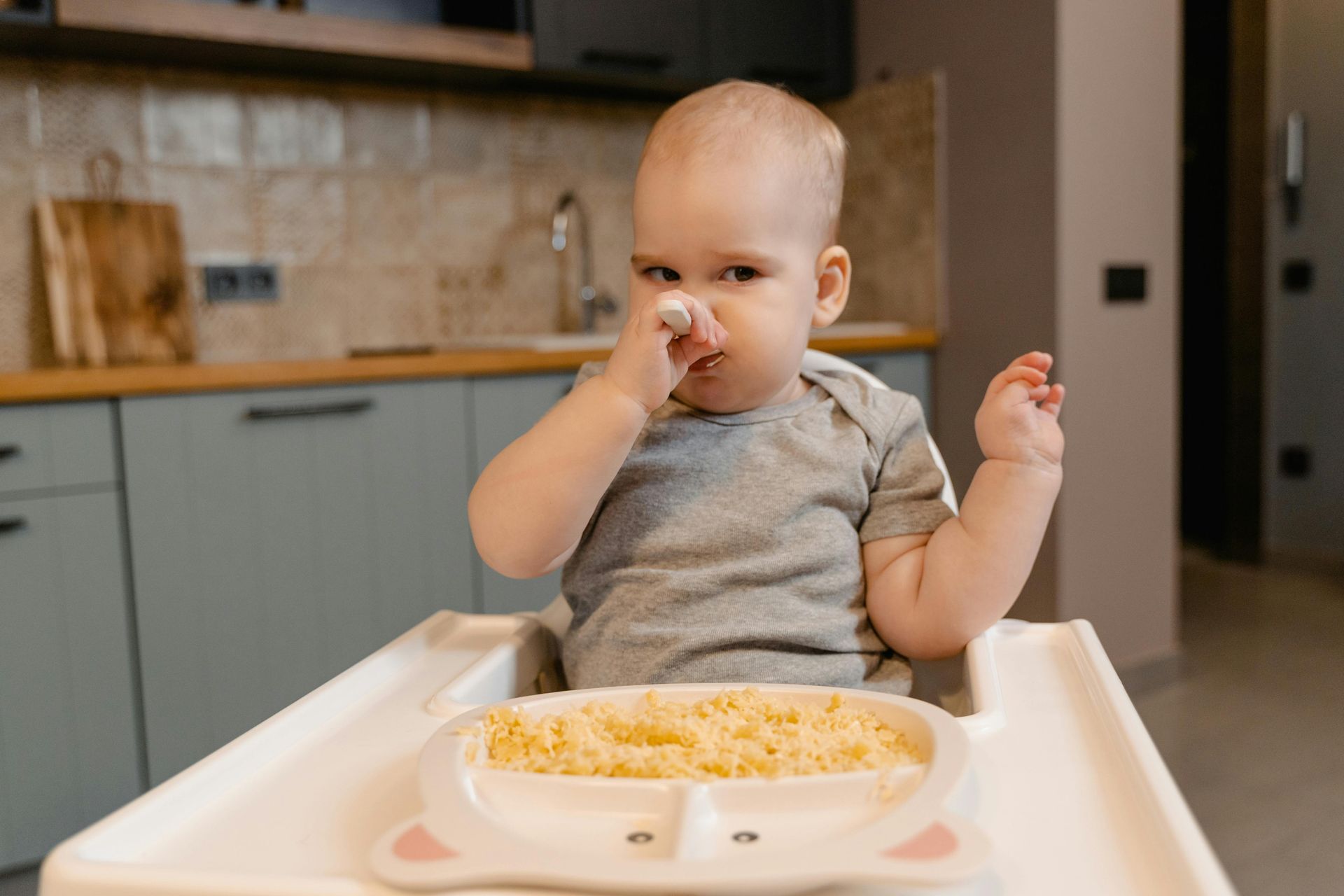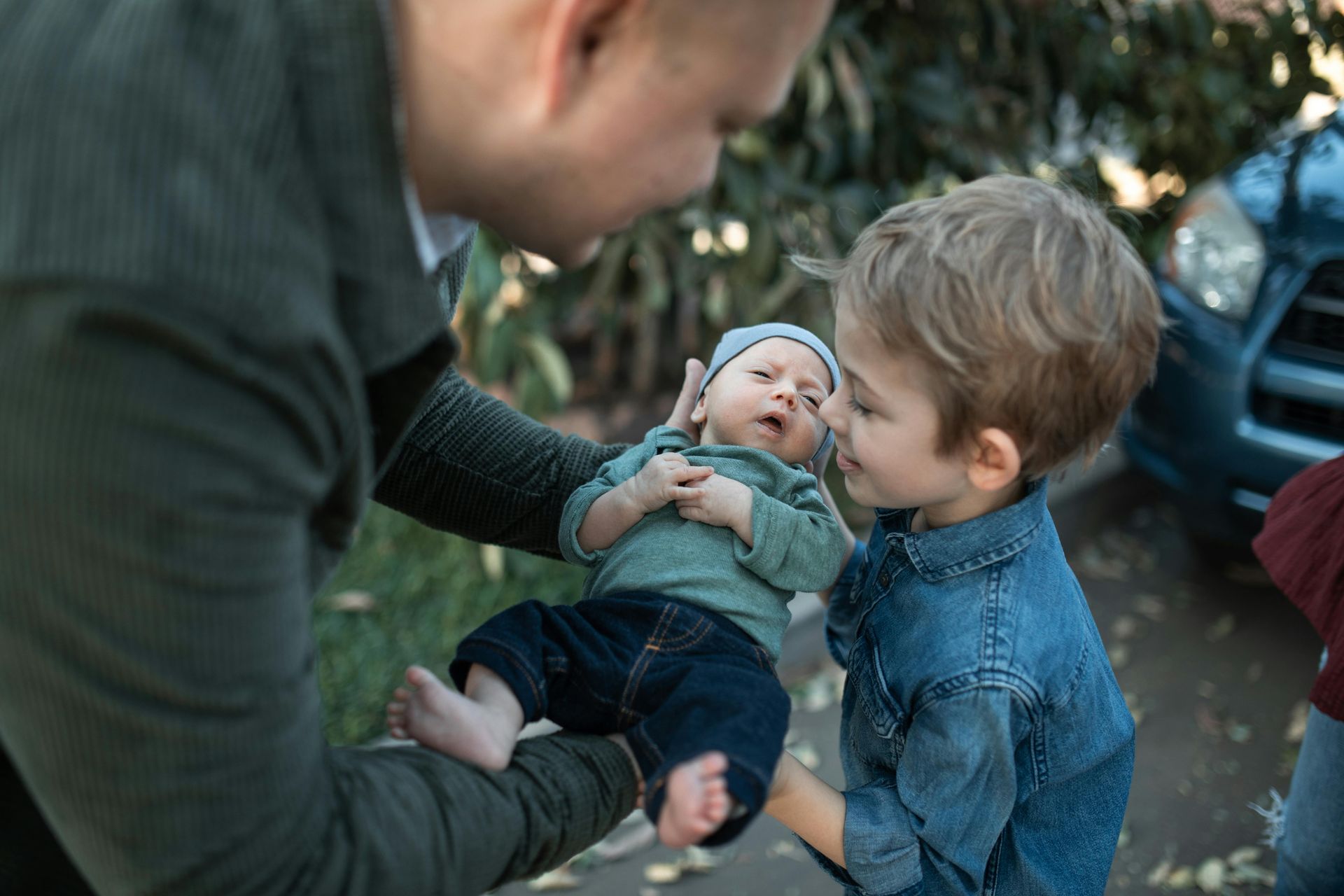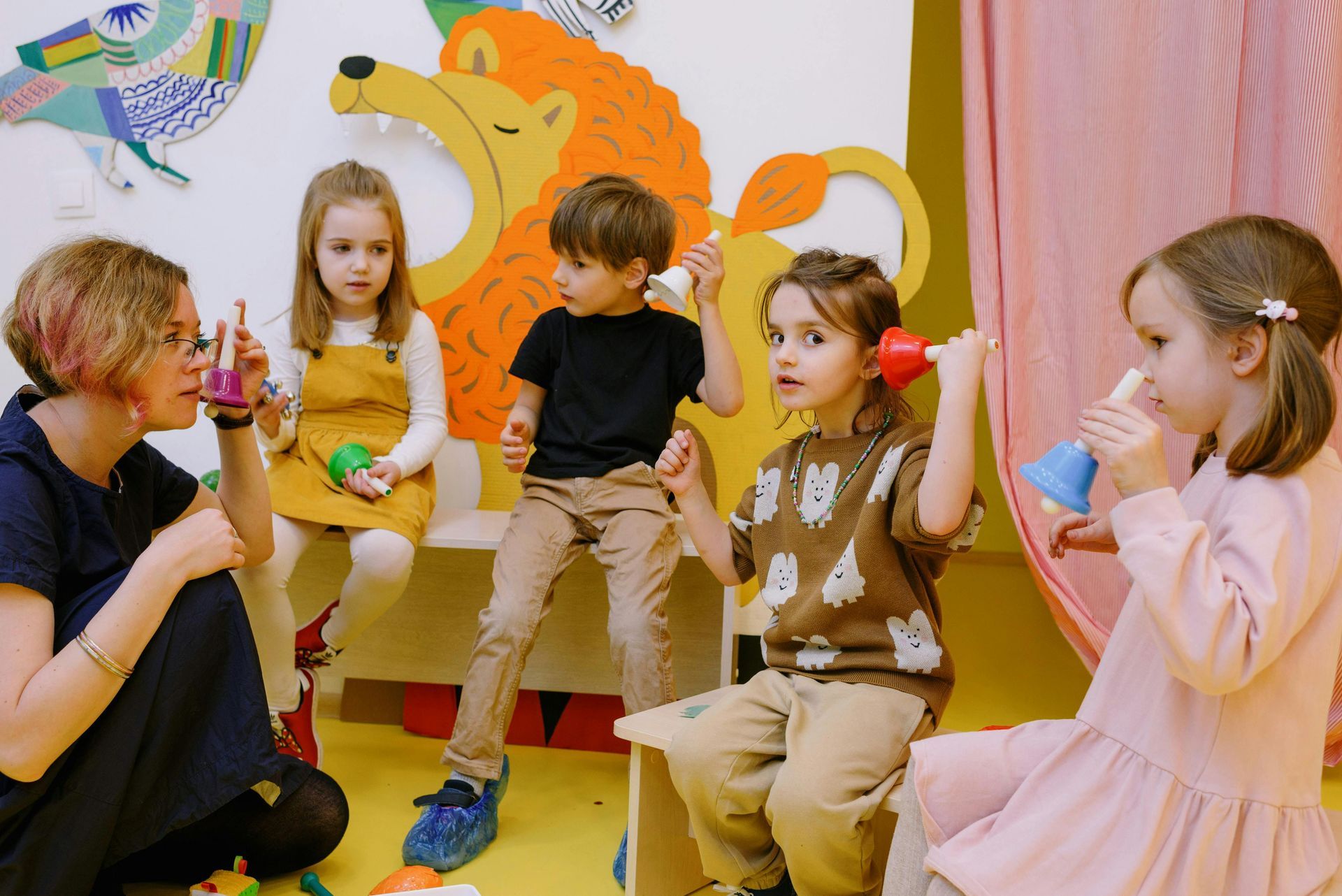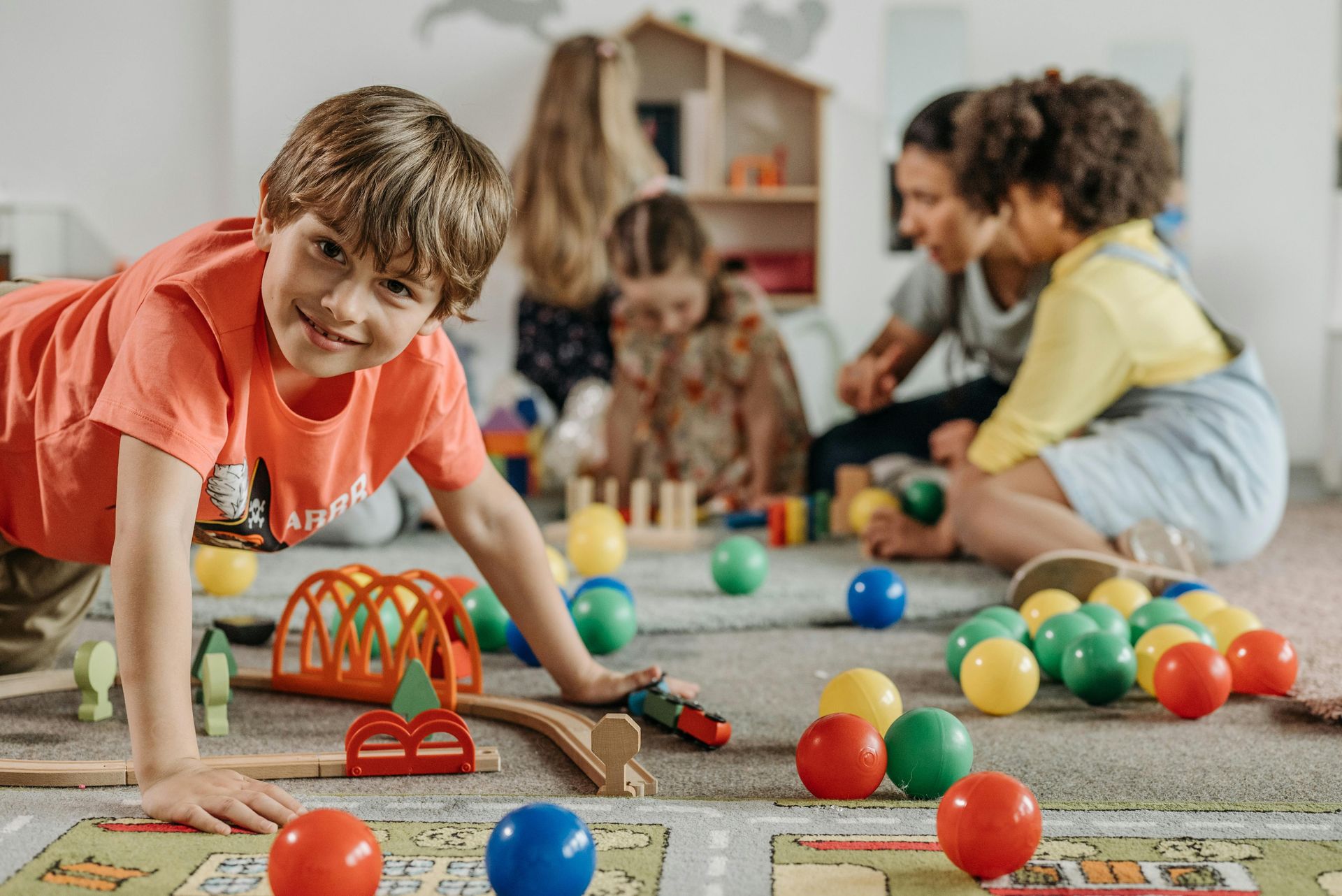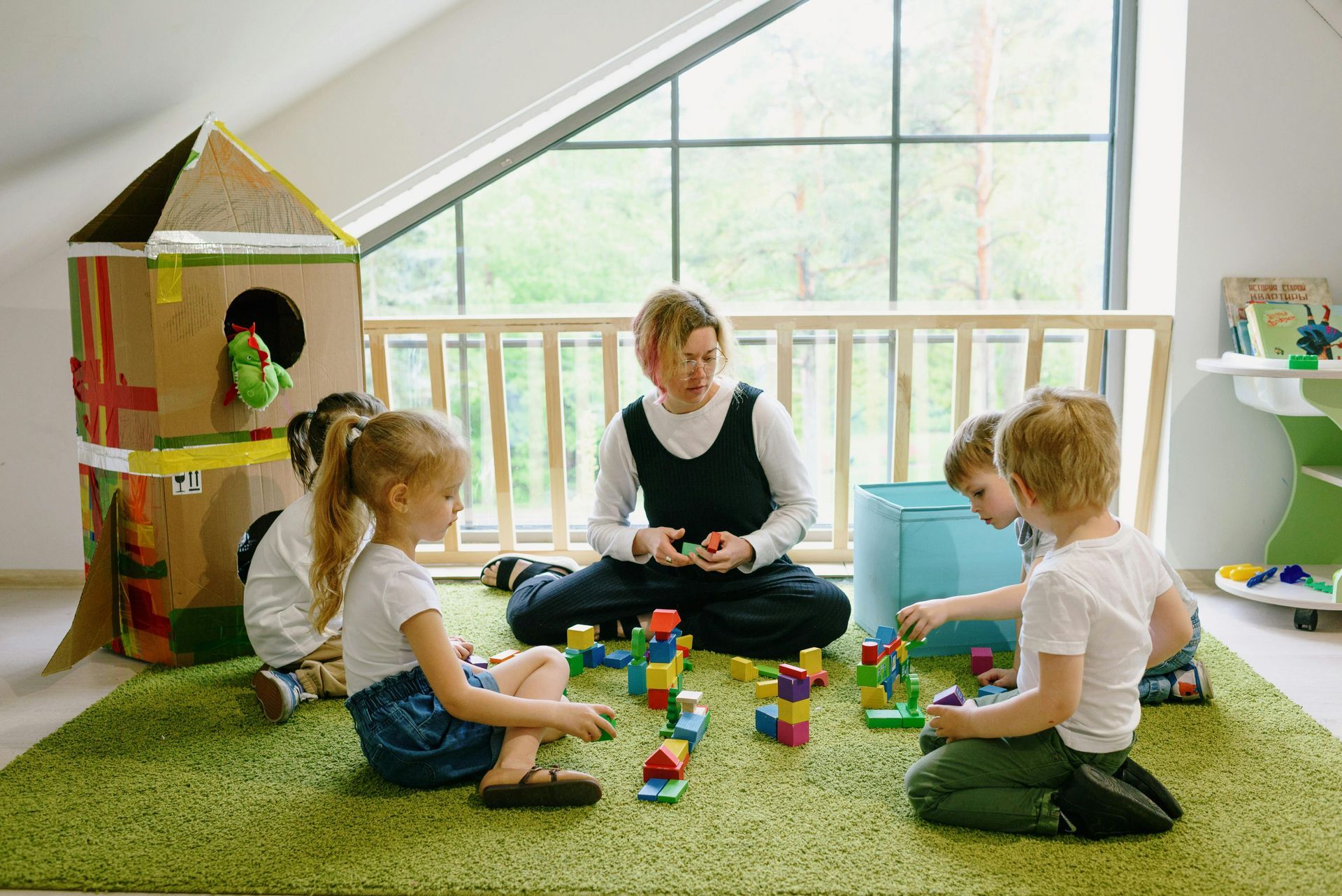How Emotional Intelligence Shapes Early Childhood Development
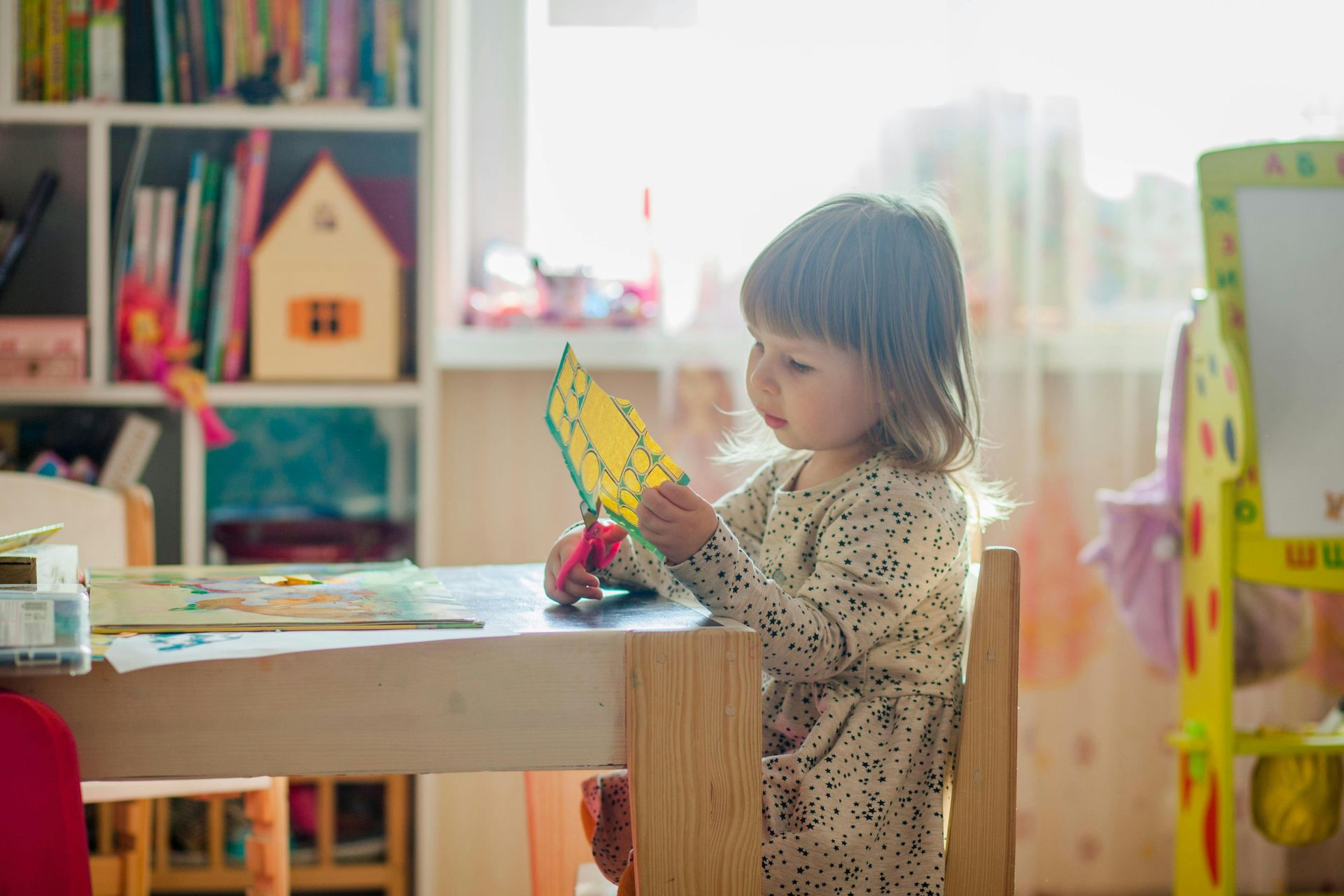
Emotional intelligence (EQ) is often discussed in older children and adults, but did you know that early childhood is when EQ first begins to develop? At Playtime Academy, we understand that nurturing emotional intelligence at an early age is crucial for building healthy relationships, promoting self-regulation, and fostering overall well-being. In this blog, we’ll dive into how early childhood educators and parents can foster emotional intelligence in young children and why it matters so much for their future success.
What is Emotional Intelligence?
Emotional intelligence refers to the ability to identify, understand, manage, and express emotions effectively. It’s more than just “feeling good” or “being happy” — it’s about recognizing how emotions affect thoughts and actions, managing those emotions, and using that awareness to build positive relationships. In young children, emotional intelligence includes:
- Self-awareness: Recognizing and naming emotions.
- Self-regulation: Managing emotions appropriately, especially in difficult situations.
- Empathy: Understanding and caring about the feelings of others.
- Social skills: Navigating relationships with peers and adults.
Building emotional intelligence in early childhood sets the foundation for positive behavior, better problem-solving skills, and a lifelong ability to manage emotions effectively.
The Role of Play in Developing Emotional Intelligence
At Playtime Academy, we recognize that play is not just about fun—it's also about learning vital social and emotional skills. Here’s how different types of play foster emotional intelligence:
- Imaginative Play: Role-playing scenarios, such as playing “house” or pretending to be different animals, helps children step into the shoes of others and understand their feelings and perspectives. This builds empathy and social understanding.
- Cooperative Play: Games that require sharing, turn-taking, and teamwork teach children how to regulate their emotions, manage frustration, and cooperate with others. These interactions help build self-regulation skills and create a foundation for managing conflicts.
- Emotional Expression through Art and Music: Art and music are powerful tools for children to express their emotions. Whether it’s drawing pictures to represent their feelings or singing a song to reflect joy or sadness, creative activities give children a healthy outlet for emotional expression.
- Problem-Solving Play: Problem-solving activities like puzzles or building with blocks not only promote cognitive development but also encourage emotional growth. These activities teach patience, perseverance, and self-control—key elements of emotional intelligence.
How Educators Promote Emotional Intelligence at Playtime Academy
Our dedicated educators at Playtime Academy are intentional in creating a nurturing environment where children’s emotional development is prioritized. Here’s how we promote emotional intelligence in our classrooms:
- Modeling Positive Emotional Responses: Teachers actively model how to express emotions in a healthy, constructive manner. For example, when a child is upset, the teacher might say, “I see you’re feeling frustrated. Let’s take a deep breath together and talk about how we can solve this problem.” This helps children learn how to articulate their emotions and manage difficult feelings.
- Teaching Emotion Vocabulary: We help children identify and name their emotions by using picture charts, stories, and role-playing. The more children can label their feelings, the better equipped they are to manage them in the future.
- Encouraging Empathy: Through group activities and discussions, teachers encourage children to recognize how others feel. For instance, if a classmate is upset, teachers guide the children to express care and empathy, saying things like, “How can we help our friend feel better?”
- Guiding Social Interactions: Teachers are always present to guide social interactions, helping children navigate conflicts and teaching them effective communication and problem-solving skills. These skills are foundational for emotional intelligence and later social success.
Building Self-Regulation in Young Children
Self-regulation, one of the core components of emotional intelligence, is the ability to control one’s emotions and behavior in response to situations. While it can take time to develop, there are ways to support self-regulation in young children:
- Setting Clear Boundaries: Consistent routines and clear expectations help children feel secure and understand what is expected of them. When they know the limits, it’s easier for them to self-regulate.
- Using Calming Strategies: Teaching children calming techniques such as deep breathing, counting to ten, or using a sensory tool (like a stress ball) can help them manage overwhelming emotions.
- Providing Praise and Encouragement: When children successfully manage their emotions, it’s important to praise their efforts. Positive reinforcement helps build their confidence and encourages them to continue using self-regulation strategies.
- Role-Playing Difficult Scenarios: Teachers often use role-playing to practice self-regulation techniques. For example, they may model how to handle losing a game or dealing with frustration when building a tower that keeps falling down. This allows children to practice and reinforce positive behaviors.
The Lifelong Benefits of Emotional Intelligence
Fostering emotional intelligence in early childhood has far-reaching benefits that extend well beyond preschool. Children with strong emotional intelligence tend to:
- Develop Better Social Skills: By learning empathy, communication, and conflict resolution, children are better equipped to make and maintain friendships, work in teams, and navigate social situations throughout their lives.
- Experience Better Academic Success: Children with high emotional intelligence are better able to handle stress, stay motivated, and maintain focus, all of which contribute to academic achievement.
- Show Greater Mental Health Resilience: Developing emotional intelligence equips children to cope with challenges, setbacks, and emotional turmoil in healthier ways. This leads to lower rates of anxiety and depression as they grow older.
- Cultivate Stronger Relationships: Understanding their own emotions and those of others helps children build meaningful, supportive relationships with family, friends, and peers.
How Parents Can Foster Emotional Intelligence at Home
The foundation for emotional intelligence begins in the home. Parents can continue to support their children’s emotional development through:
- Encouraging Open Conversations: Make time to talk about feelings regularly. Ask open-ended questions such as, “How did that make you feel?” to encourage emotional expression.
- Using Emotion-Based Stories: Read books that highlight emotional experiences and how to deal with them. Stories about characters facing challenges help children recognize emotions and learn how to manage them.
- Modeling Emotional Expression: Show your children how to express emotions healthily. Saying things like, “I’m feeling frustrated, but I know I can work through this,” demonstrates that it’s okay to have emotions and that managing them is a skill we can develop.
- Creating a Calm Down Space: Set up a quiet area in your home where your child can retreat when feeling overwhelmed. This could include soft pillows, calming music, and soothing toys or books.
Discover how hands-on exploration sparks curiosity and builds confidence in young learners in our blogs on from sensory bins to self-discovery and cultivating curiosity in preschoolers through open-ended exploration.
Conclusion: Raising Emotionally Intelligent Children
Emotional intelligence is one of the most valuable life skills a child can possess. At Playtime Academy, we prioritize emotional intelligence as part of a comprehensive approach to early childhood development. By fostering self-awareness, empathy, and self-regulation in young children, we help prepare them for a lifetime of success, resilience, and healthy relationships.

